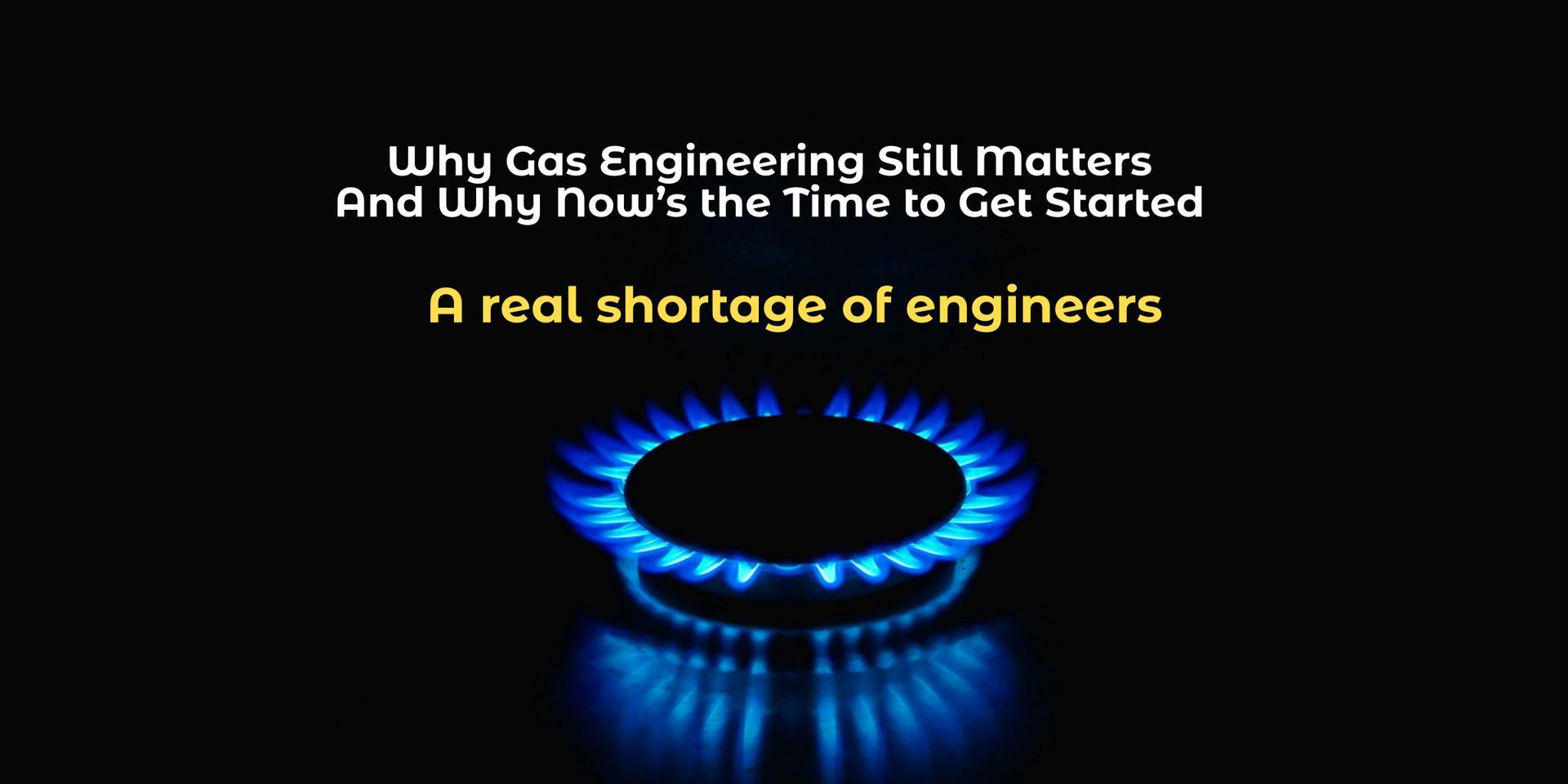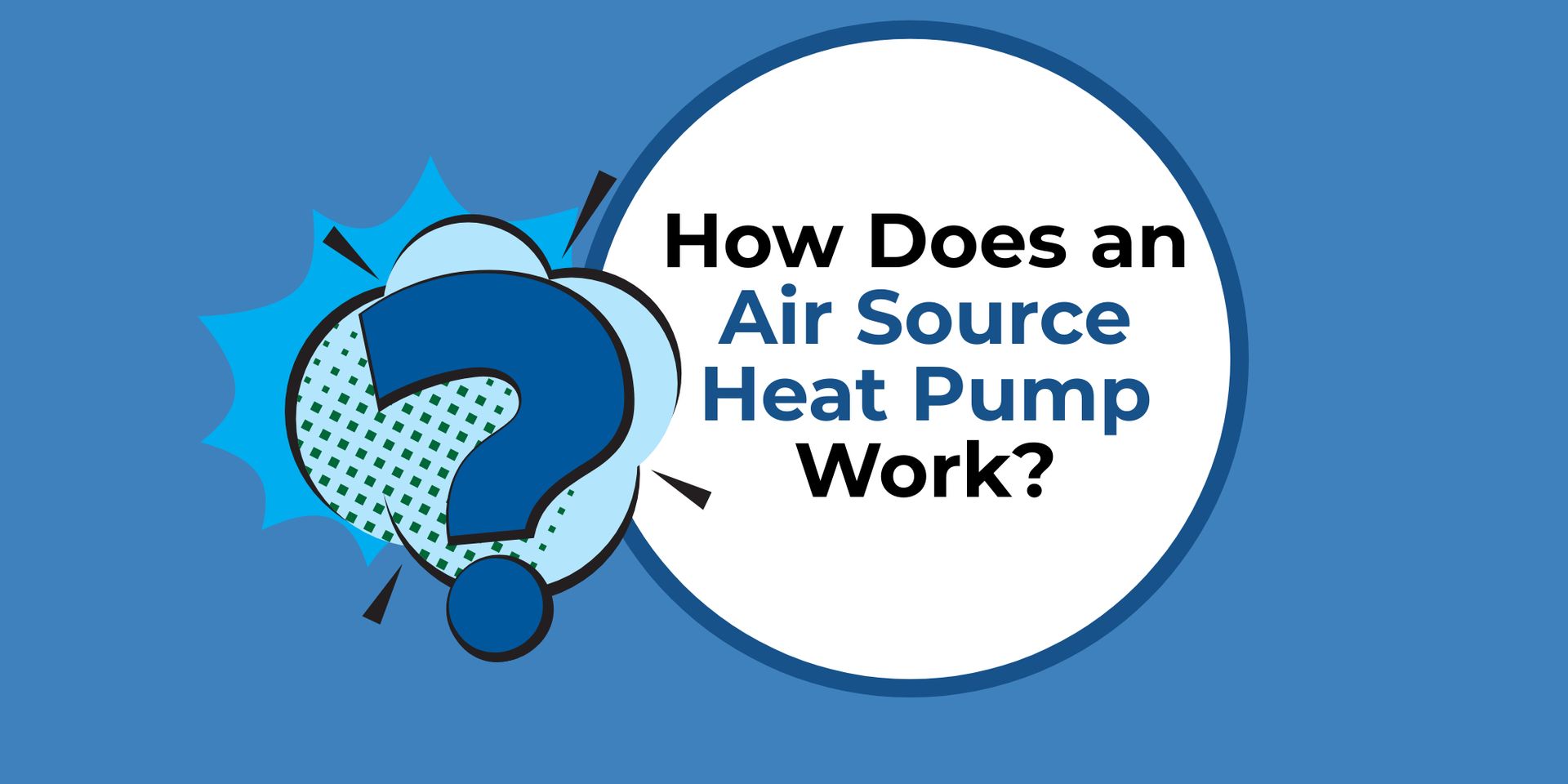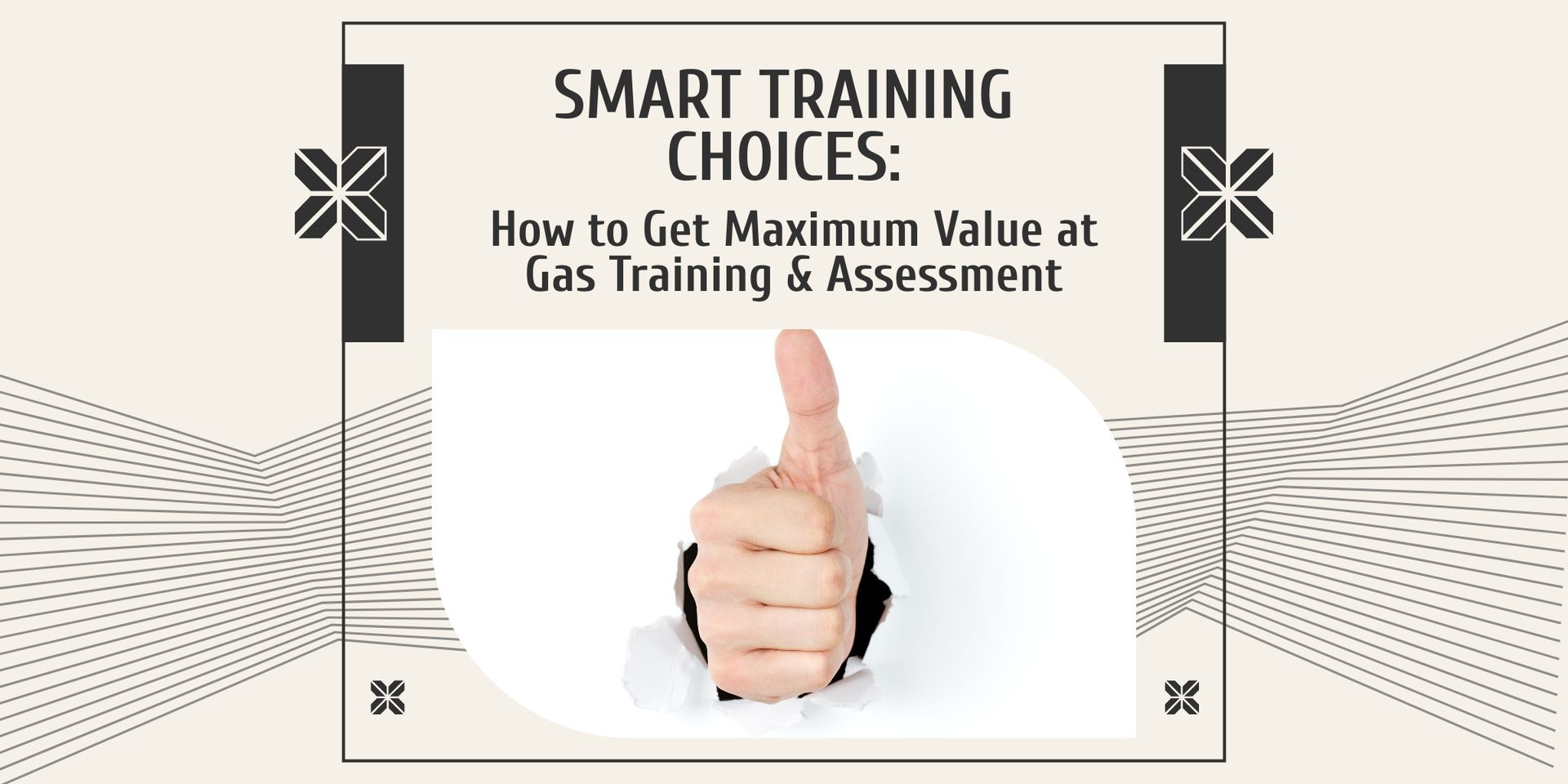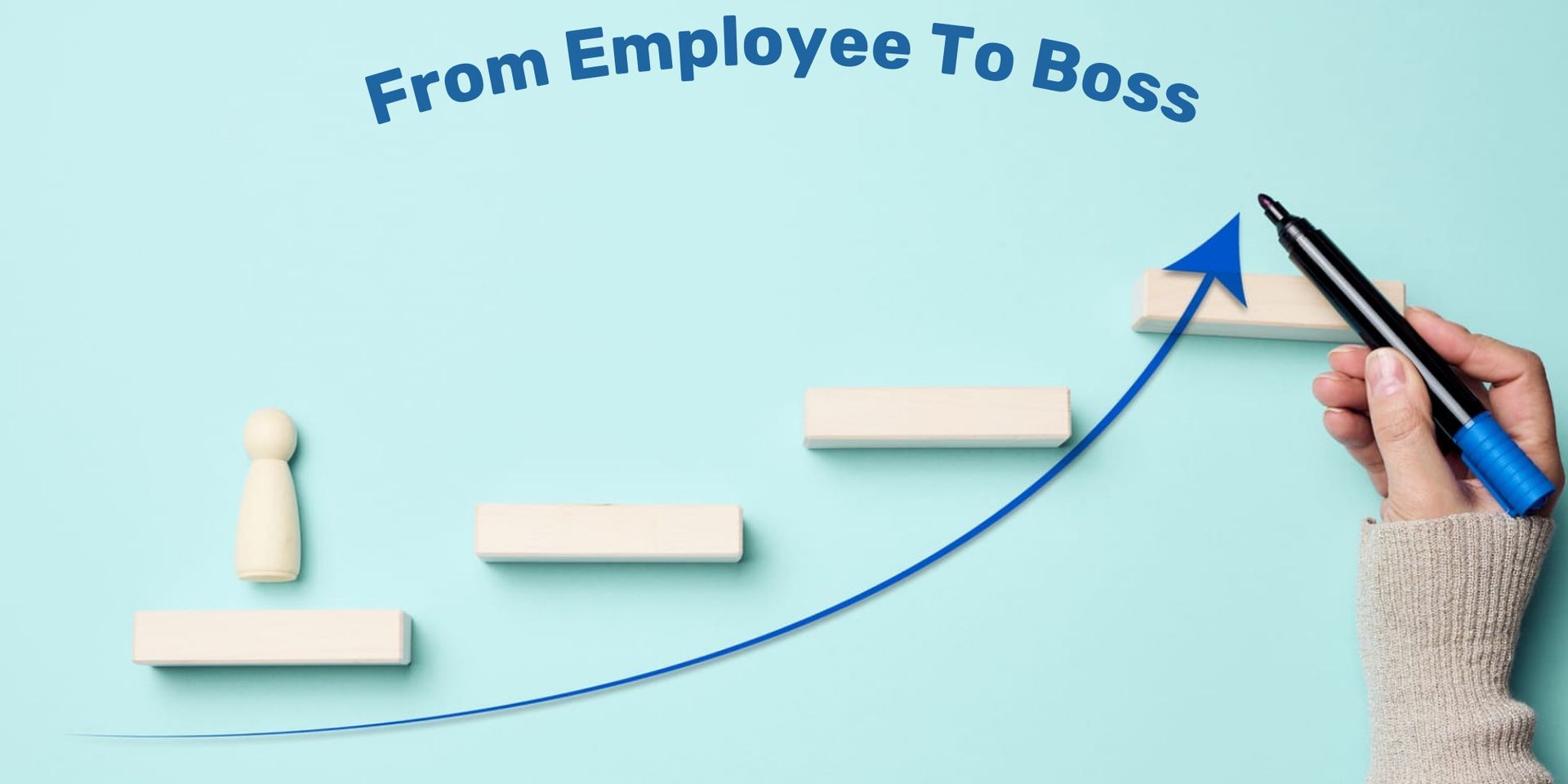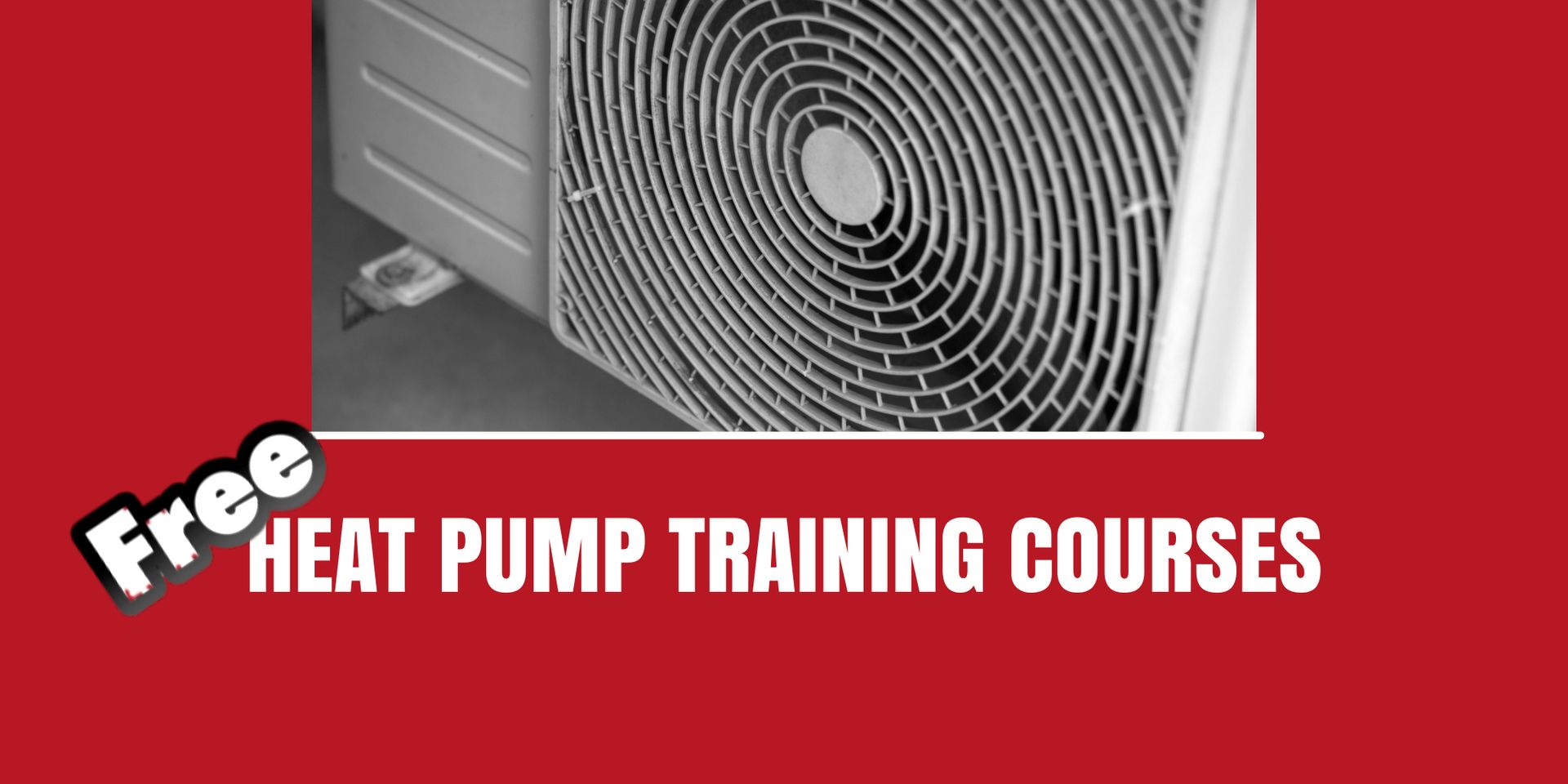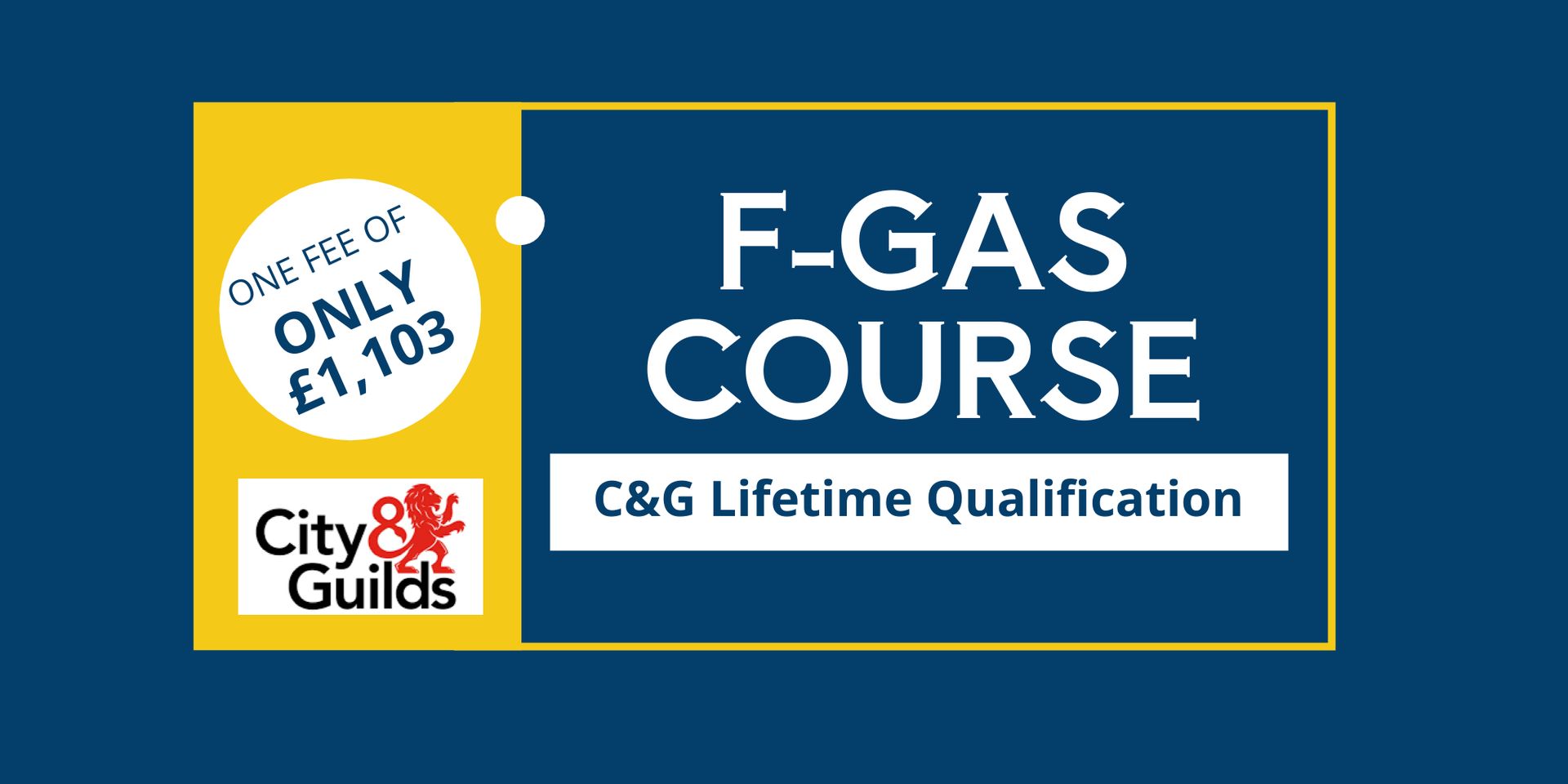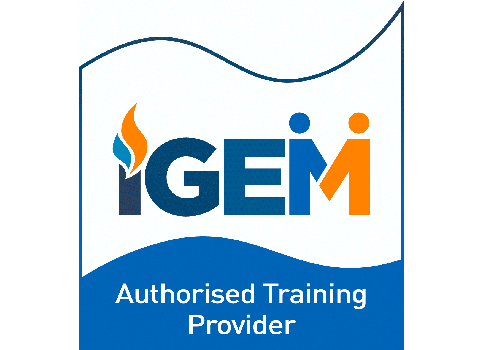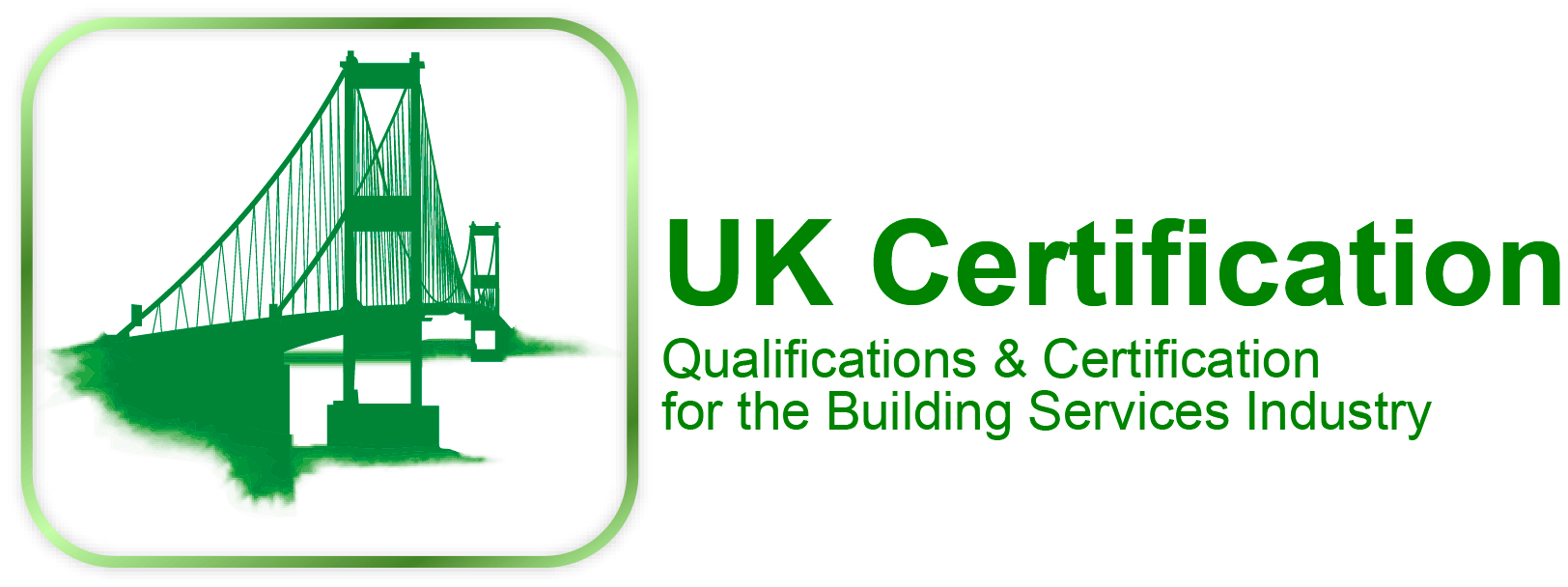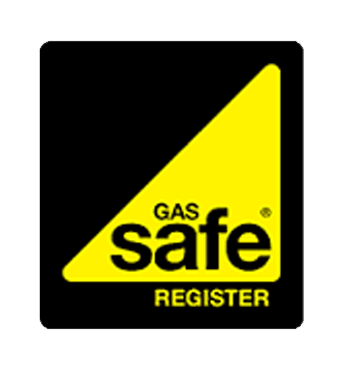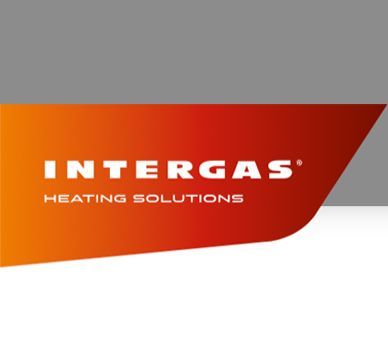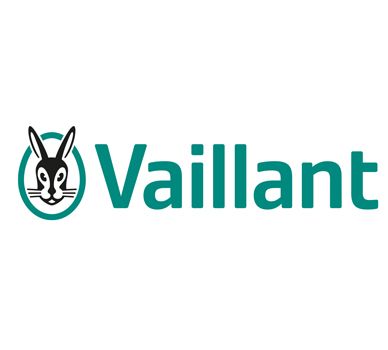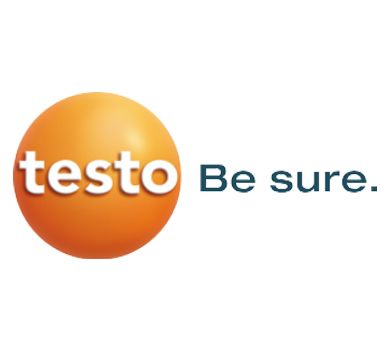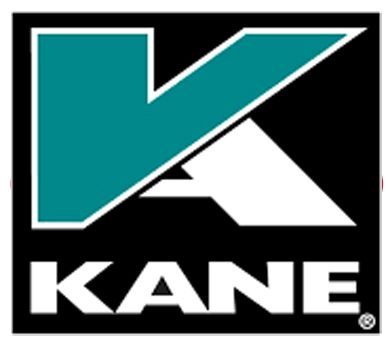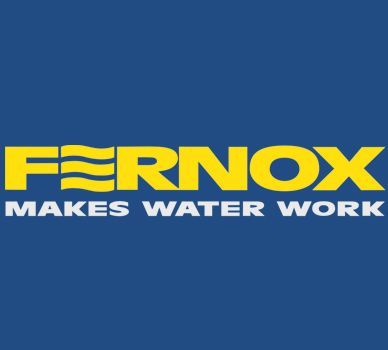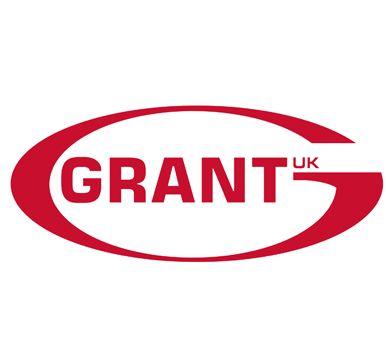Thinking of setting up your own plumbing and heating business
It's always good to know a decent plumber
According to recent figures there are approximately 120,000 registered plumbers and heating engineers in the UK. Yet even with this level of competition, people always need decent plumbers. And in the UK, we rely on our heating for almost half of the year. So it makes sense that setting up your own plumbing and heating business could reap significant rewards, not least because the money you earn will end up in your pocket rather than a corporation’s.
It is important that you decide from the start what you want to specialise in. Will you offer traditional plumbing services? Would you carry out boiler and gas installations, or service and repair gas appliances? Will you focus on bathroom refits and renovations? What about water recycling and renewables? Unvented hot water systems?
Once you have defined the type of business you’ll become, you can then get the basics sorted.
What are the basics of setting up a business?
Whether its copywriting or plumbing; hair and beauty or accountancy; there are a few core things every business owner needs to do when starting their own business:
- Choose a suitable business name – does it sum up who you are or what you do?
- Ensure that you have the relevant skills and/or experience – can your customers put their trust in you?
- Define your target market – how are you going to reach them?
- Research your competition – what will set you apart?
- Write a business plan – what will you need to earn to break even? What is your offering? What are your objectives?
- Work out how much you’ll need to set up your business and where those funds will come from
- Decide whether to be a sole trader, partnership or limited company
- Register with HMRC
- Look into whether you will need to register for VAT
Are you fully qualified and registered?
We strongly suggest that you don’t even think about starting a business without the relevant qualifications. Not only are you at a serious disadvantage when it comes to local competition, but depending on your chosen specialism, you may be unable to legally carry out and sign off on a significant amount of work that many customers would expect you to do.
For example, if you are planning on working with any gas appliances, you must be Gas Safe registered. Will you be working on solid fuel or oil appliances? If so, accreditation from HETAS and OFTEC is highly recommended. Some work such as unvented hot water systems require a qualification.
Plus you need to ensure that you have the appropriate training if working with renewable technologies; this training may be through manufacturers or via a third party training centre.
If you choose to become a general plumber, you don’t need a licence but a solid working knowledge of UK building and water regulations is a must if you want to succeed. In addition, Competent Person Schemes allow you to self-certify rather than have to go through building control.
We would also recommend that you reach NVQ Level 3 before starting your own business. This means that you can demonstrate a certain level of skill and experience that most customers will demand. The Chartered Institute of Plumbing and Heating Engineering will only accept members if they are qualified to at least NVQ2 Level. Becoming a member isn’t mandatory but it does provide customers with additional peace of mind that they are using a trusted professional.
What about insurance?
We would suggest looking into Public Liability insurance, Employer’s Liability insurance if you are planning on taking on staff at any point, building insurance, van insurance, professional indemnity insurance, business interruption insurance and tools insurance. They may not all apply to your business but it’s much better to be safe than sorry.
More information about cover you may need when setting up a plumbing and heating company can be found here.
Running a business day-to-day
It’s all very well deciding to start a business because you want to reap the financial rewards. Perhaps you’re desperate to take more control of your career. Maybe you want to find that work/life balance.
But the fact is that running a business is hard work. It’s not just about fixing leaks, installing bathrooms or replacing boilers. That’s only a small part of the work. You need to find the work in the first place, quote for the work, do the admin, bookkeeping, finances. You may need to advertise. You’ll need to keep up to date with the latest legislation and may need to undertake further training to remain ahead of the game.
And if there are any problems, you can’t pass the buck – it will be down to you to fix the issue. There are ways that you can utilise other’s expertise to help out – for example, using a bookkeeper or virtual PA will free up precious time. But you need to be able to justify the expense, which in those early weeks, months and years, may be difficult.
Building your own plumbing and heating business can be both tiring and stressful. But with a lot of hard work, the necessary experience and the right attitude, it can transform your working life.
We hope you found this article ‘Thinking of setting up your own plumbing and heating business?’ useful. Please note that we do not offer specific guidance on setting up a business but provide relevant training to ensure you are fully qualified and experienced for when you’re ready to make that next step.
Please call Gas Training & Assessment on 01268 727797 today if you have any queries about any technical aspect of your qualifications.



